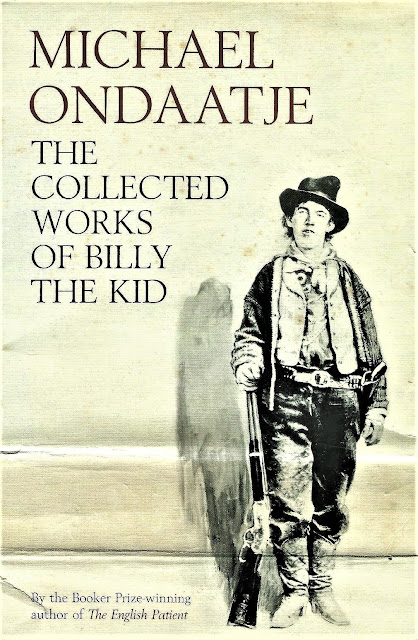THE TRIALS OF ARTHUR -
ARTHUR PENDRAGON & C J STONE
We've all seen him. Traipsing around the fields of Wiltshire dressed in all his finery; brandishing his sword, his dagger and his trusty staff. On our televisions espousing his rights of freedom and forever haranguing English Heritage. Who is that man, you may have wondered? Why, it's King Arthur, of course. Yes, but who is he? This is what writer C J Stone sets out to discover in The Trials Of Arthur - The Life and Times of a Modern-Day King and it would appear that Arthur is many things: Druid, media tart, devious bastard, nutter, bail breaker, renunciate; all self-proclaimed titles by the man himself. What his real name is, as in the name he was born with, doesn't really matter because in Arthur's case what they say is true: It's not where you're from it's where you're at. And where is that exactly? Where is King Arthur at? Well, not to be overly dramatic about it but Arthur is at the very heart of England, at its very core, battling against forces of invisible darkness made manifest through environmental destruction and the enforcement of laws through the physical presence of the police.
Having lived the life of a biker for many years and a full-on one at that, infamous for carrying an axe and a zip gun, Arthur's road to Damascus was paradoxically very gradual but also overnight. Essentially, he just woke up one day and decided he was going to be Arthur Pendragon, the Once and Future King of All Britain. It was as simple as that. What had led him to this was a life of brawling, drinking, 'bonking' and flirtation with various aspects of Alternative culture, including free festivals and in particular the Stonehenge Free Festival.
The taking on of his new mantle led him into contact with various Druid Orders who one year invited Arthur to act as a steward at an autumn equinox ceremony at Stonehenge. This was in 1989, four years after the Stonehenge Festival had been violently smashed by the police riot more commonly known as The Battle Of The Beanfield, and in the fourth year of the standing stones being fenced-off and an exclusion zone being thrown around them, upheld every equinox by hundreds of police. Witnessing for himself how entry to the stones was being denied by the police ignited a vague flame of indignation in Arthur; fanned, fed and made larger the more he thought about it.
Was it not religious discrimination to ban the Druids from Stonehenge - their church, their temple - every equinox? Did not the stones belong to the people of Britain, to the stars, to the Earth? By what right did English Heritage presume that they and they alone know what is best for Stonehenge? What unaccountable government body had implemented the quarterly exclusion zone? Whose vision for the stones was the purest and most practical? The Druids and their fellow pilgrims whose only wish was to worship and celebrate the stones and the turning of the seasons, or English Heritage with their tourist centres and extortionate tickets to be purchased for the privilege of being allowed to take holiday snaps of this magical monument to the sheer and utter mystery and wonder of life?
That autumn of 1989 Arthur found his mission. His quest. His cause. A battle worthy of his name. He was going to free the stones.
For anyone paying attention, the 1990s was the decade of escalating protest movements such as the anti-road building programs at Twyford Down, Solsbury Hill, Newbury, and Claremont Road in Islington; the anti-Criminal Justice Bill protests leading into Reclaim The Streets leading to solidarity with the striking Liverpool Dockers leading into the global anti-capitalist protest movements and the mega-protests in London, Seattle, Gothenburg, Genoa and so on. Arthur, through invitation and circumstance became involved with many of them and through his colourful garb and his wielding of Excalibur became a noticeable figure, in particular with the Stonehenge campaign even a figurehead. A living legend, almost. A symbol of an aspect of Englishness at its finest.
Of course, it needs to be asked, is Arthur simply a classic case of English eccentricity? For those who would say yes to this, it's merely by way of preserving their world view and the status quo. A way of attempting to contain what is actually uncontainable. A denial of a certain spirit that more often than not breaks the illusion of normality as defined by money, power, education, privilege, authority and one's relation to it. If Arthur is indeed an eccentric what then does that make King Charles, Britain's so-called 'real' Head of State? Is Charles too not an eccentric? Are the whole traditions and customs of Parliament not weird exercises in eccentricity also?
And it needs to be asked: If we are to have a king then who makes the better one? Charles or Arthur? The answer, of course, is obvious and on reading C J Stone's book it's even more so.
John Serpico



